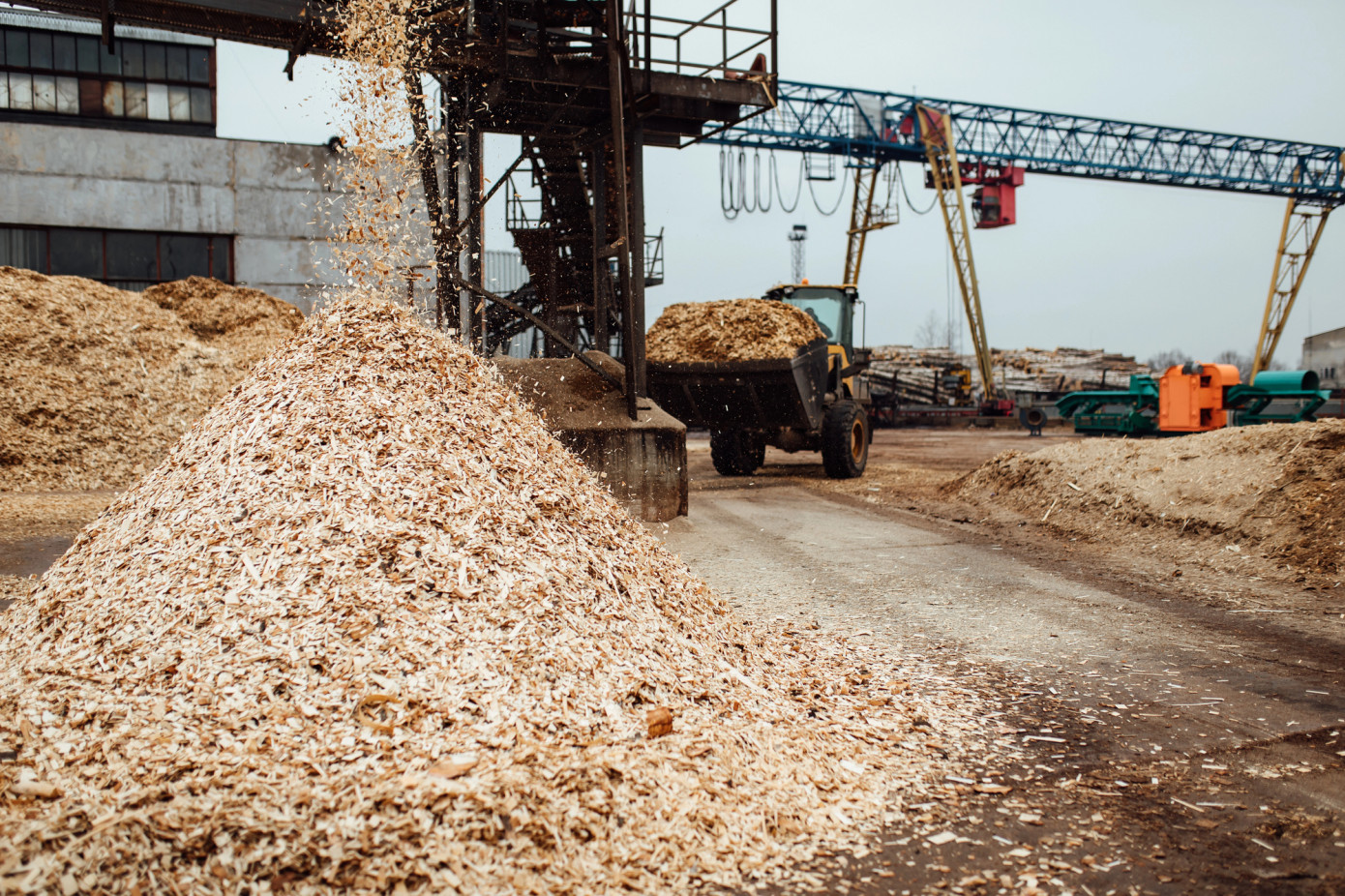The Government of Canada is investing over $11 million in clean fuels technologies and studies to promote alternative energy development, according to Natural Resources Canada.
The Energy Innovation Program (EIP) and Clean Fuels Fund (CFF) are supporting multiple initiatives aimed at lowering carbon emissions and advancing cleaner fuel alternatives in high-emitting sectors. Key projects include the Diesel Durable de 3e Génération (DDGen3) pilot facility in Rouyn-Noranda, Quebec, receiving $2.55 million under the EIP. The project will convert wood products into sustainable diesel fuel through a multi-site processing system.
PyroGenesis Inc., based in Montreal, secured $424,000 under the EIP to develop high-power plasma torches for industrial applications, providing an alternative to fossil fuel burners in high-temperature operations. Another EIP-supported project involves CRH Canada Group Inc. in Mississauga, Ontario, receiving $1.5 million to reduce coal use in cement production through alternative low-carbon fuel (ALCF) made from biomass and non-recyclable materials.
Greenfield Global Inc. in Edmonton, Alberta, received $1 million to convert waste biomass into sustainable aviation fuel and renewable diesel using a modified Fischer-Tropsch synthesis process. This method converts forestry waste into biocrude and low-carbon fuels suitable for planes and heavy vehicles without blending with petroleum fuels.
Under the CFF’s Building New Domestic Production Capacity call, Atura H2 L.P. in St. Clair Township, Ontario, received $3.52 million for a feasibility and front-end engineering study for a 20-megawatt hydrogen gas production facility using electrolysis. The CFF also provided $2.25 million to Wanagekong-Biiwega’iganan Clean Energy Corporation for a commercial plant FEED study in Fort Frances, Ontario, producing renewable diesel, sustainable airline fuel, and renewable naphtha from wood waste.
The CFF’s Establishing Biomass Supply Chains call awarded $92,500 to the Beausejour Brokenhead Development Corporation in Manitoba to create a Bioeconomy Development Opportunity (BDO) Zone Rating for local wheat straw biomass resources, aiming to accelerate bio-based project development and position the region for clean economy success.
